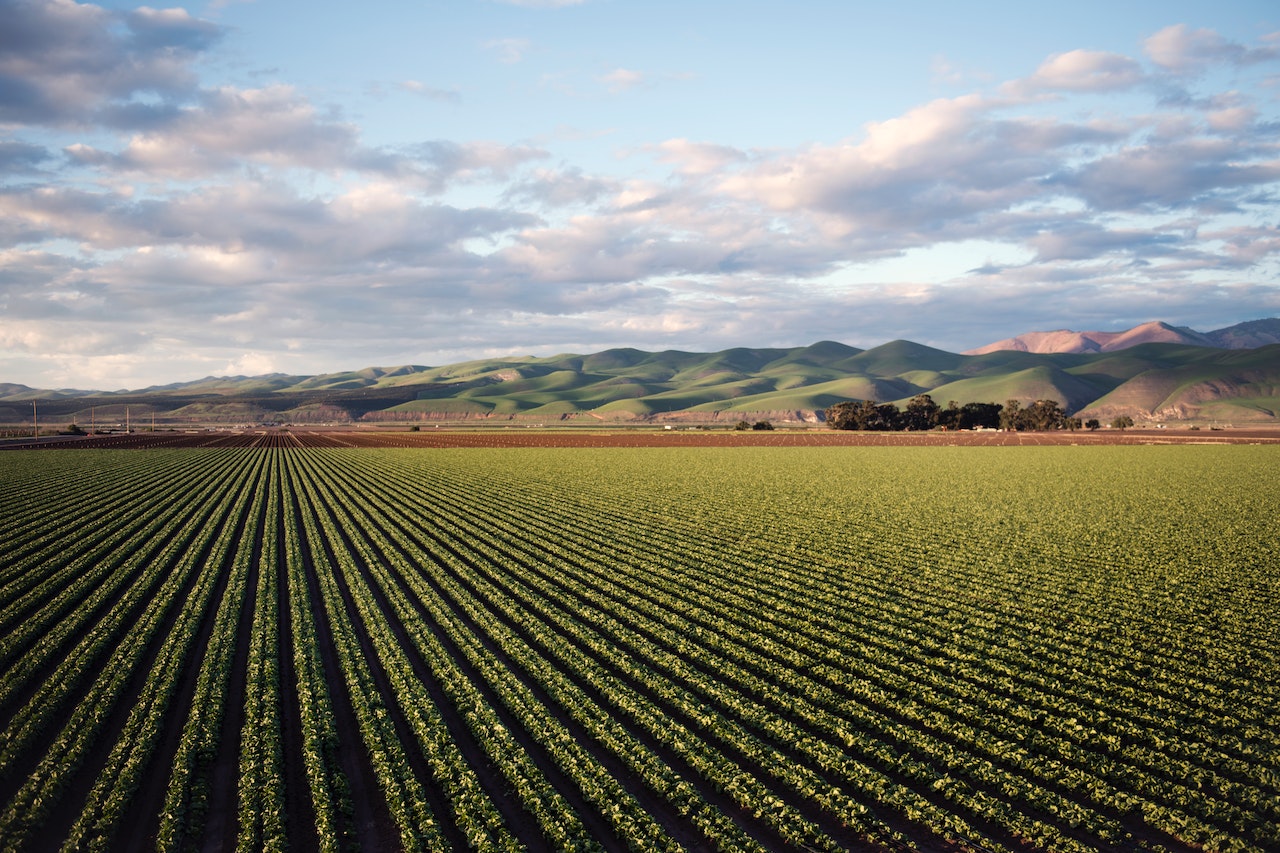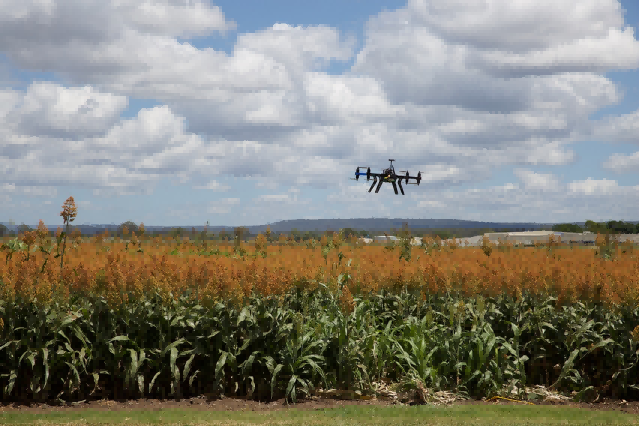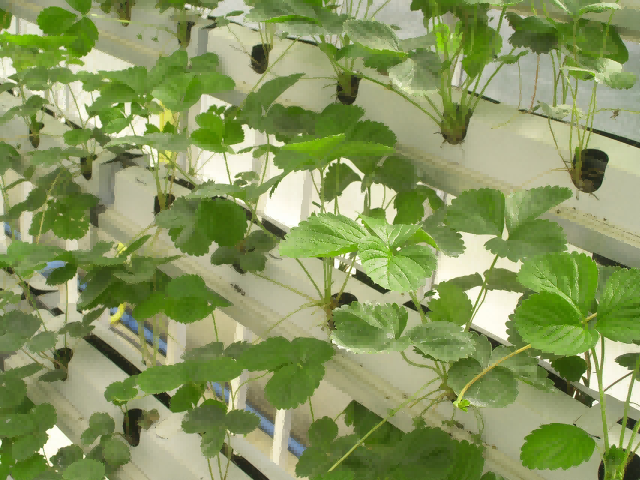How Technology Can Make a World’s Difference in Agricultural Businesses

Agricultural businesses are some of the most important in the world. They provide the food we eat and the materials we use to build and maintain our homes and businesses. But, unfortunately, they can also be some of the most harmful to the environment. With new technology, though, agricultural companies are becoming more sustainable and less damaging to the planet. Here’s a look at how technology makes a difference in farming businesses worldwide.

Precision Agriculture
Precision agriculture is a type of farming that uses technology to increase yields while using fewer inputs like water, fertilizer, and pesticides. For example, GPS-guided equipment helps farmers plant seeds, apply fertilizers, and spray pesticides with pinpoint accuracy. This reduces wastage and ensures crops get precisely what they need to thrive. As a result, precision agriculture farmers can produce more food with fewer resources.
In addition, precision agriculture can help farmers monitor their crops for signs of stress or disease. By catching these problems early, farmers can take steps to mitigate them before they cause significant damage. This helps reduce crop losses and increases yields even further. Farmers worldwide are already using precision agriculture, and its impact will only grow in the years to come.
Vertical Farming
Vertical farming is another type of agriculture made possible by advances in technology. Vertical farms are indoor farms that use stacked trays to grow crops in a controlled environment. These farms can be located anywhere, which means they can be close to urban areas with high demand for fresh produce.
Vertical farms use less water than traditional farms because the water can be reused repeatedly. They also don’t require farmland, which means they don’t contribute to deforestation or other land degradation. And because vertical farms can control the environment in which crops are grown, they can minimize the need for pesticides and other inputs. As a result, vertical farming is a more sustainable way to produce food than traditional farming methods.
Robotics in Agriculture
Agricultural businesses increasingly use robots to perform tasks like weeding, harvesting, and sorting fruits and vegetables. Robots can work around the clock without getting tired, boosting productivity while reducing labor costs. In addition, robots don’t need breaks or vacations, so they can help farmers keep up with demand during peak periods.
Robotics also offers opportunities for precision agriculture. For example, some robots are equipped with sensors that detect when plants are stressed or diseased. These robots can then mitigate the problem before it causes significant damage. This way, robotics can help farmers increase yields using fewer inputs like water and pesticides.
Drones In Agriculture
Drones are another type of technology finding a place in agricultural businesses. Companies like DJI produce drones specifically designed for agriculture, such as the DJI Mavic 3M. These drones can monitor crops from the sky and detect signs of stress or disease. They can also be used to map out areas for planting, making for a more efficient process. Farmers can even use some drones to apply fertilizers and pesticides more precisely, which helps reduce wastage.
Automated Systems
Technology can also be used to automate various tasks in agricultural businesses. For example, automated irrigation systems can be programmed to adjust the water and fertilizer applied based on soil conditions or crop needs. This helps ensure crops get precisely what they need to thrive while reducing wastage. Likewise, automated harvest systems can help farmers quickly and efficiently pick ripe produce without relying on manual labor.
Software
Technology can also be used to make the back-end operations of agricultural businesses more efficient. For example, software applications can help farmers keep track of their inventory, manage accounts, and even sell products directly to customers online. This saves time and money and makes it easier for farmers to connect with customers looking for fresh, locally-sourced produce.
Import and Exporting Produce
Technology can also make importing and exporting produce faster and more efficient. For example, RFID tags are being used to track produce as it moves through the supply chain, making it easier for farmers and other agricultural businesses to keep tabs on their products. In addition, blockchains can be used to securely store data related to production, such as origin, transport history, and even quality control information. This helps to ensure the product is safe and meets the requirements of international markets.
Technology Improves Product Quality
Technology can help to improve the quality of agricultural products. For example, farmers can use sensors and other technologies to monitor the environment in which their crops are grown. This enables them to adjust conditions if necessary and ensure their product is as fresh and nutritious as possible when it reaches customers.

Growing Of Micro Produce
In addition to the technologies mentioned above, farmers are also starting to experiment with growing micro produce. This involves growing food in small containers or indoors, which can reduce costs and increase productivity. Micro-produce is becoming increasingly popular among urban populations since it can be grown in limited spaces and quickly reach customers.
Technology Can Help Save Water
Technology can also be used to reduce water usage in agricultural businesses. For example, farmers can use sensors and other technologies to monitor soil moisture levels and determine when crops need to be watered. This helps reduce water wastage and the risk of plants becoming over-watered or under-watered. In addition, some irrigation systems are now using rainwater instead of tap water, which can further reduce the environmental impact of agricultural businesses.
Worker Safety Technology
Technology can be used to improve the safety of workers in agricultural businesses. For example, some farms are now using automated systems to reduce the need for manual labor or provide assistance with tasks that require dangerous equipment. In addition, innovations such as wearable sensors are helping farmers monitor employee activities and detect potential hazards quickly.
Data Analyzing Programs
Technology can also help agricultural businesses make better use of data. For example, data analytics programs can track various factors, such as weather conditions, crop yields, and customer preferences. This information can then be used to improve decision-making, optimize operations, and ultimately increase profits.
Technology Can Help Address Global Challenges
Agricultural businesses are not immune to global challenges, such as climate change and population growth. However, technology can help these businesses adapt and even thrive in the face of these challenges. For example, precision agriculture is a type of technology that can be used to reduce the impact of farming on the environment. This technology enables farmers to better target their crops with water and fertilizer, which helps reduce wastage. In addition, precision agriculture can be used to increase crop yields and make farms more resilient to climate change.
Improved Farming Equipment
Advances in farming equipment have improved the efficiency of agricultural businesses. For example, automated tractors and machinery can reduce labor costs while increasing crop yields. In addition, some farms are now experimenting with robots to perform tasks such as weeding and harvesting. This technology can help increase productivity by freeing up workers for more complex tasks or allowing farmers to operate on a larger scale.
Better Pest Control
Technology can also be used to increase crop yields by reducing the impact of pests. For example, some farms now use uncrewed aerial vehicles (UAVs) to detect and monitor problems in their fields. This information can then be used to target pest control efforts more effectively, helping improve crop yields while reducing environmental damage from pesticides.
Livestock Health Monitoring
Technology can also be used to monitor the health of livestock and ensure that they are well taken care of. For example, some farms are now using sensors and wearable devices to quickly detect signs of illness in animals. This information can then be used to provide a more personalized approach to animal care, helping farmers keep their livestock healthy and productive.
Accurate Weather Predictions
Accurate weather predictions are essential for agricultural businesses. Technology can help with this by providing detailed forecasts that allow farmers to plan and adjust their activities accordingly. In addition, some farms are now using sensors to monitor current conditions to detect any changes quickly.
Developing Of New Plant Species
One of agriculture’s biggest challenges is the need to develop new plant species resistant to pests and diseases. This is crucial for ensuring food security in the face of climate change and other global challenges. Technology can help with this by providing genetic research and plant breeding tools. In addition, precision agriculture can be used to test new crops on a small scale before they are produced on a larger scale.
By adopting the latest technologies, agricultural businesses can positively impact their bottom line and the environment. With careful planning and strategic technological investments, farmers of all sizes can make the most of today’s opportunities. By leveraging cutting-edge tools, agricultural businesses can achieve high yields, reduce costs and increase profits – making them more competitive in today’s market. Moreover, with improved water-saving and pest-control solutions enabled by technology, farmers can also make a difference in their local environment by protecting it from further damage. As farming continues to become more automated and data-driven, technology will play an even more significant role in agriculture in the future. Farmers who can stay ahead of technological advances will be the ones to reap the rewards of a more sustainable and profitable future.








